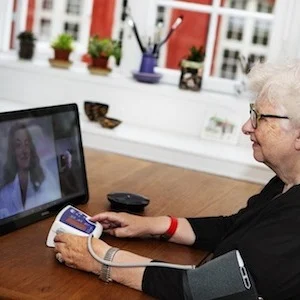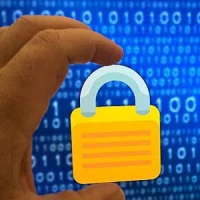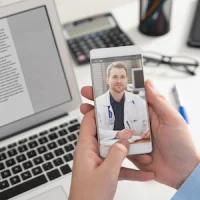In a unanimous vote, 97-0, the U.S. Senate recently approved the Expanding Capacity for Health Outcomes (ECHO) Act, paving the way for a national network of hub-and-spoke telemedicine platforms to provide education and collaboration opportunities for healthcare providers in hard-to-reach areas.
The ECHO Act aims to make University of New Mexico's groundbreaking Project ECHO (Extension for Community Healthcare Outcomes) telemedicine programme a national model for healthcare collaboration. Project ECHO was launched by UNM's Health Sciences Center in 2011 to connect healthcare specialists with rural providers and their patient populations through a telehealth platform. The programme created a hub-and-spoke model, in which specialists at a hub hospital would conduct virtual teleECHO clinics for providers in rural health systems, or spoke sites.
Initially, UNM’s Project ECHO focused on providers treating patients with Hepatitis C and was favourably reviewed in a study that year by the Health and Human Services Department’s Agency for Healthcare Research and Quality (AHRQ).
Since then, the model has been adopted by the Department of Veterans Affairs and several health systems around the country. In Hawaii, for example, two ECHO clinics were opened early this year. In just three months, "we've already provided over 100 hours of continuing medical education and we have had inquiries to start four more ECHO clinics on important local topics,” said Kelly Withy, MD, PhD, director of the Hawaii-Pacific Basin Area Health Education Center at the University of Hawaii’s John A. Burns School of Medicine.
See Also: $6 million to Improve Rural Healthcare Telehealth
Project ECHO’s creator also praised the Senate vote.
“Medical knowledge is exploding, but it’s often not travelling the last mile to ensure that patients get the right care in the right place at the right time,” according to Sanjeev Arora, MD, founder and director of Project ECHO at the University of New Mexico School of Medicine. “If we can leverage technology to spread best practices through case-based learning and mentoring of providers, we can move knowledge – instead of patients – to get better care to rural and underserved communities across the country.”
The legislation calls on the Health and Human Services Department to prepare a report within two years on the various applications of Project ECHO around the country, examining their impact on, amongst other things:
· Mental and substance use disorders, chronic diseases, prenatal and maternal health, paediatric care, pain management and palliative care.
· The implementation of public health programmes, including those related to disease prevention, infectious disease outbreaks, and public health surveillance.
· The delivery of healthcare services in rural areas, frontier areas, health professional shortage areas and medically underserved areas and to medically underserved populations and Native Americans.
Action now passes to the House, where a companion bill, introduced by U.S. Rep. Michael C. Burgess, MD (R-Texas) awaits a vote.
Source: mHealth Intelligence
Image Credit: telemedicin Twitter










